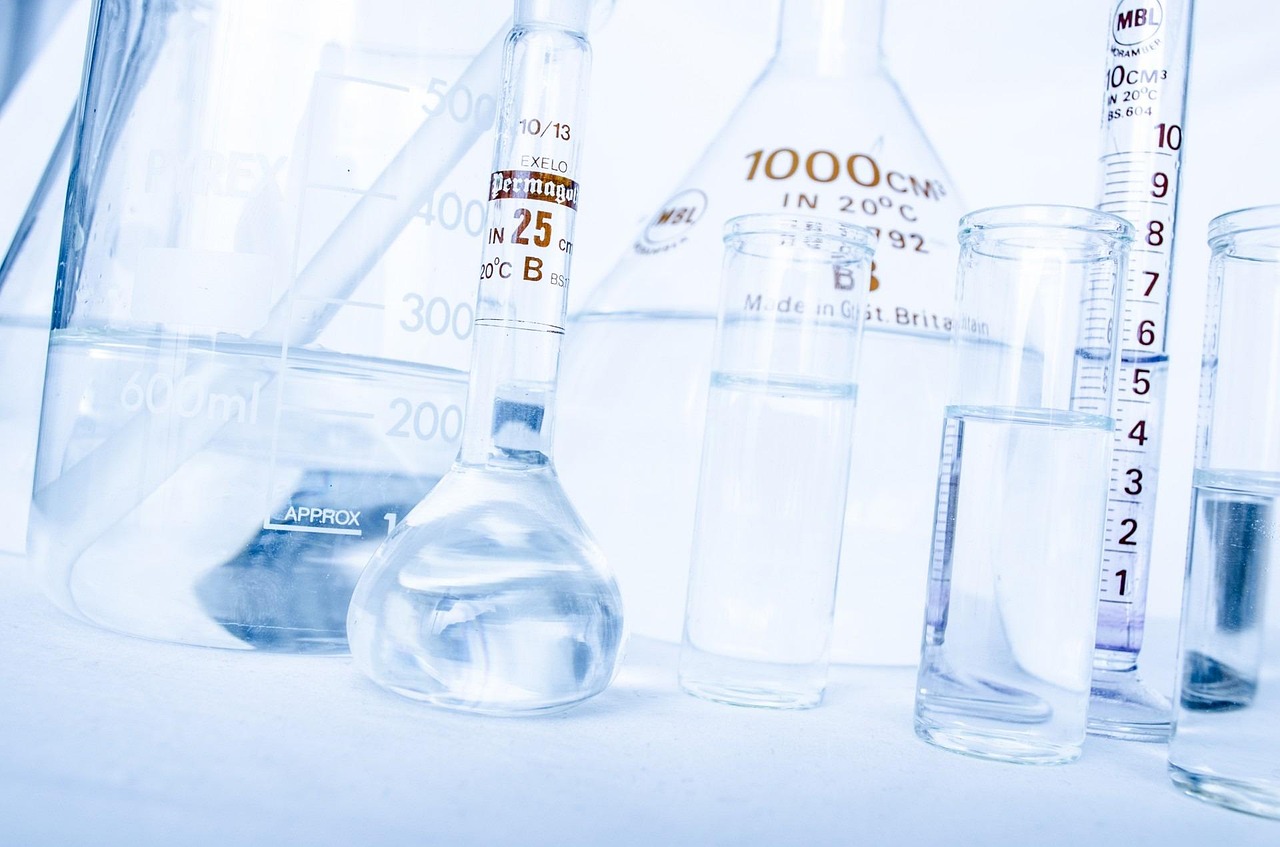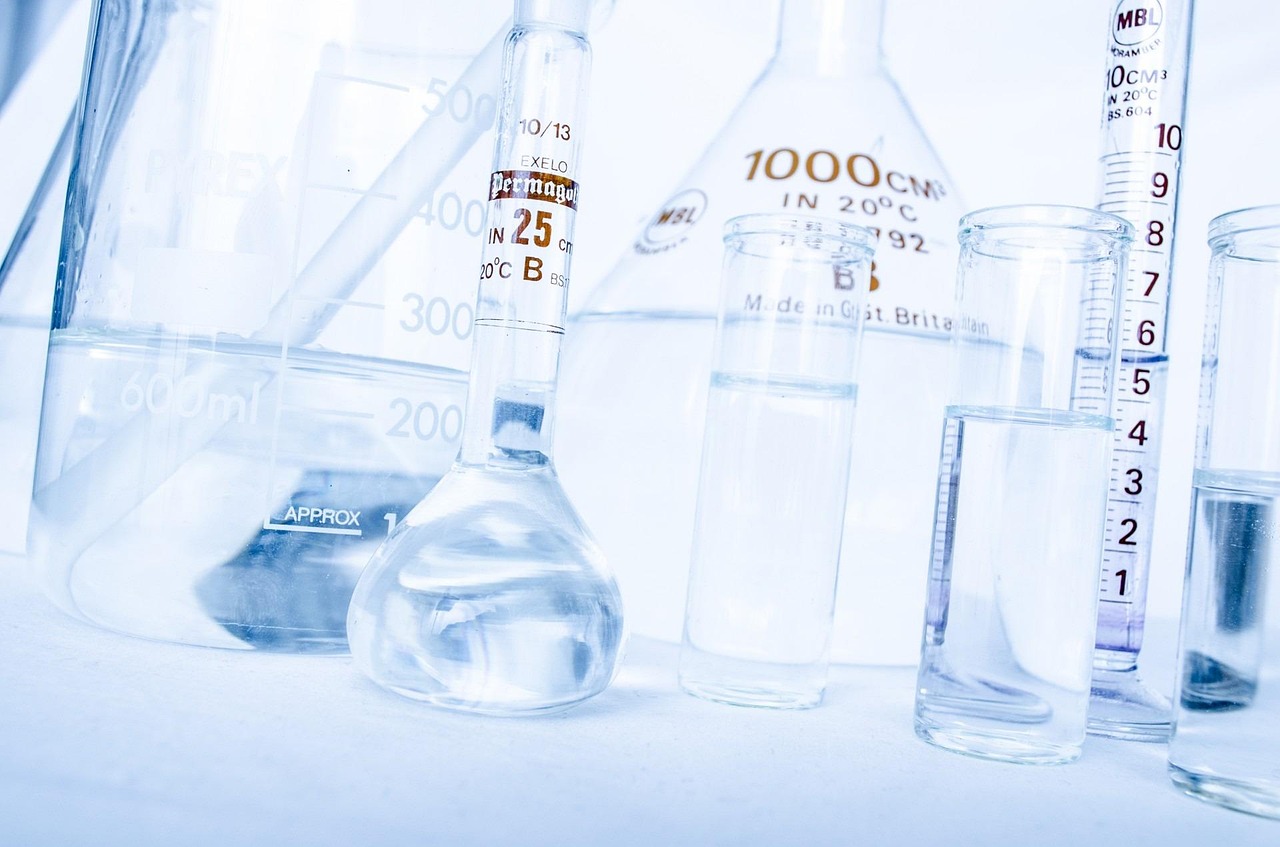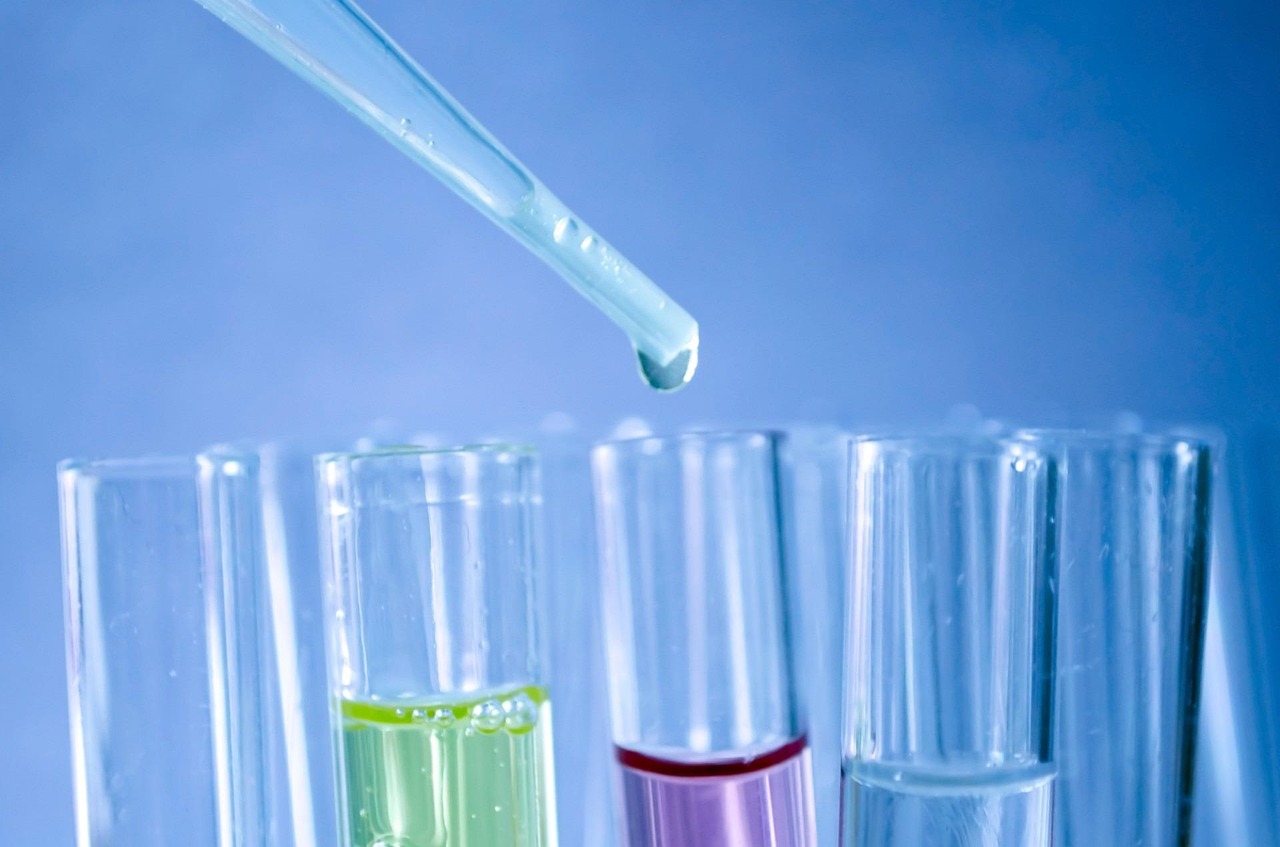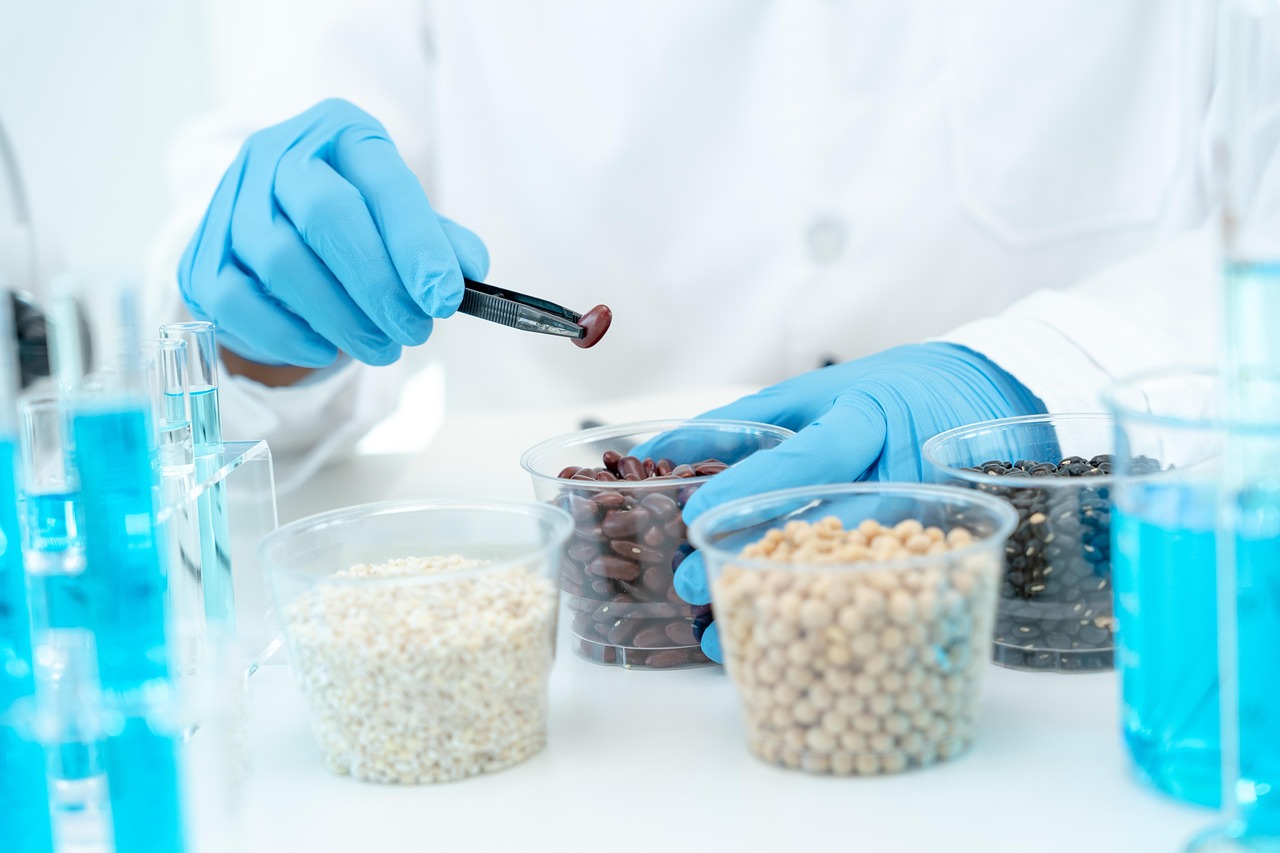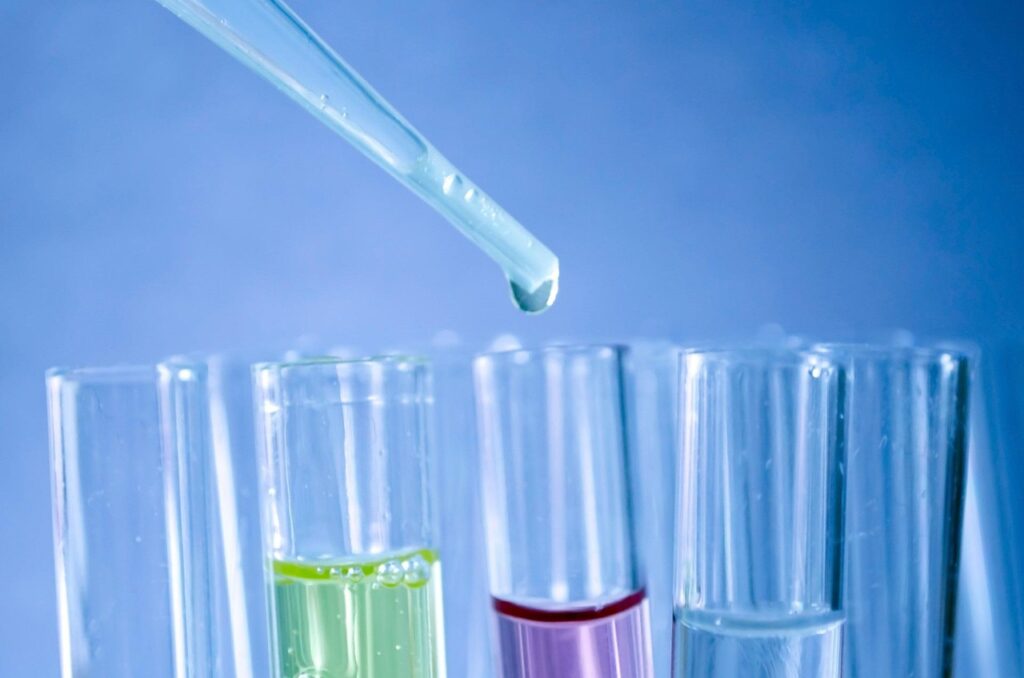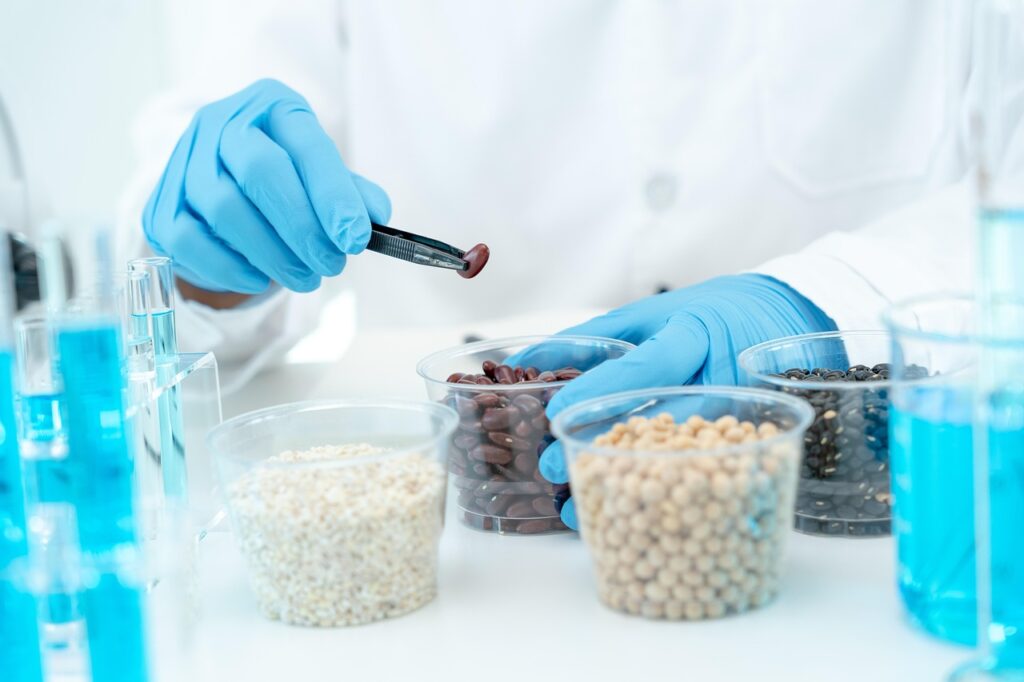There has never been a greater need for precise and trustworthy food information in the health-conscious world of today. Understanding the nutritional value of food is crucial whether you’re a food manufacturer, a company that sells health supplements, or an informed customer. A nutrition testing lab is essential in this situation.
What is a nutrition testing lab, though, and why is it so crucial to the food and health sectors? The role, advantages, and significance of nutrition testing labs in the modern food environment are covered in detail in this blog.
What Is a Nutrition Testing Lab?
A specialized facility designed to examine the nutritional makeup of food and dietary items is called a nutrition testing lab. These labs test for macronutrients (such as proteins, lipids, and carbs) and micronutrients (vitamins and minerals) using cutting-edge scientific methods and apparatus.
These labs’ findings assist food firms, eateries, and producers of health products in:
- Accurately label their products.
- Comply with national and international food safety standards.
- Improve product formulation
- Meet the demands of increasingly health-conscious consumers.
These labs ensure that all nutrition data is accurate and trustworthy by adhering to guidelines established by food safety organizations like the US FDA, Codex Alimentarius, or the Food Safety and Standards Authority of India (FSSAI).
Why Nutrition Testing Matters
1. Regulatory Compliance
Following food safety and labeling laws is one of the main reasons businesses use nutrition testing. The FSSAI in India requires that a nutrition facts label that accurately displays the amounts of energy (calories), protein, carbohydrate, sugars, fat, and other nutrients be included in all packaged foods. Penalties, product recalls, or even bans may result from improper labeling.
Businesses may make sure that their labels are correct and adhere to all legal requirements by collaborating with a certified Nutrition Testing Lab.
2. Consumer Trust and Transparency
Today’s consumers are more knowledgeable than ever. They actively study labels and use nutritional data to guide their purchasing decisions. Consumer trust and brand credibility are increased when a nutrition label is supported by appropriate scientific testing.
For instance, a food brand that makes the claim that it is “high in protein” needs to be able to back up that assertion with data. By supporting such marketing claims, nutrition testing helps avoid deceptive advertising and fosters consumer trust.
3. Product Development and Innovation
Nutrition testing is crucial during the product development phase as well as for already-existing items. Creating a new protein shake, energy bar, or gluten-free snack? Before it is put on the shelves, you must be aware of the precise nutritional breakdown.
Food technologists and R&D teams may refine ingredients, improve health benefits, and develop novel products that appeal to niche markets like vegan, keto, or diabetic-friendly foods with the help of thorough data from a nutrition testing lab.
4. Quality Assurance
Nutrition testing is a component of a broader quality assurance procedure that goes beyond label accuracy. Monitoring consistency across product batches is aided by routine testing. Any significant variation in nutritional values may be a sign of sourcing, processing, or formulation issues that require immediate attention.
In addition to satisfying regulatory agencies, consistent nutritional quality guarantees that customers will always receive the health advantages they anticipate from your product.
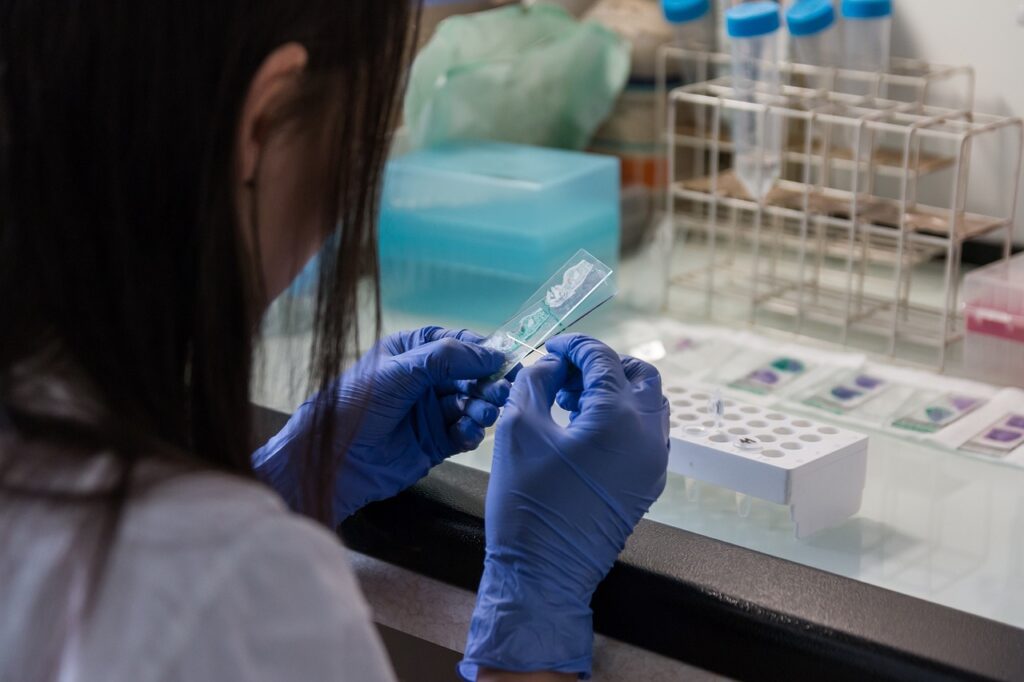
What Is Tested in a Nutrition Testing Lab?
Nutrition testing labs employ various techniques to analyze food, including spectrophotometry, gas chromatography, and high-performance liquid chromatography (HPLC). What is usually tested is as follows:
Macronutrients:
- Carbohydrates (including sugars and dietary fiber)
- Proteins
- Fats (saturated, unsaturated, trans fats)
- Energy (calories)
Micronutrients:
- Vitamins (Vitamin A, B-complex, C, D, E, K)
- Minerals (Calcium, Iron, Magnesium, Zinc, Sodium, Potassium)
Other Parameters:
- Moisture content
- Ash content
- Cholesterol
- Sodium & Salt content
Each parameter provides valuable insights into the food’s nutritional profile and helps companies make informed decisions.
Applications of Nutrition Testing Labs
It is not just packaged food firms that conduct nutrition testing. Numerous areas and industries use the services of a nutrition testing lab, including Nutrition testing is not limited to packaged food companies. The services of a Nutrition Testing Lab are used by a variety of industries and sectors, including:
- Nutraceutical and Supplement Companies: Ensuring supplements meet their claimed nutrient levels
- Beverage Industry: Testing energy drinks, juices, and flavored water for nutrient content
- Hospitality Industry: Restaurants and hotel chains testing menu items for health-conscious customers
- E-commerce Platforms: Online health food retailers verifying product claims
- Startups: Particularly health-focused food startups developing niche products
Challenges in Nutrition Testing
Despite its importance, nutrition testing is not without challenges:
- Sample Complexity: Multi-ingredient foods can be difficult to analyze due to interactions between components.
- Cost of Testing: Comprehensive nutrition testing can be expensive, especially for small businesses.
- Turnaround Time: High-quality results require time, which may delay product launches.
By selecting a testing partner who is qualified, knowledgeable, and open about their methods, these difficulties can be overcome.
How to Choose the Right Nutrition Testing Lab
When selecting a lab, consider the following criteria:
- Accreditation: Check if the lab is accredited by authorities like NABL (National Accreditation Board for Testing and Calibration Laboratories) or ISO/IEC 17025.
- Experience and Expertise: Choose labs that specialize in your product category.
- Methodology Used: Ensure the lab uses globally accepted methods like AOAC or FSSAI guidelines.
- Reporting Format: Reports should be clear, detailed, and easy to interpret.
- Turnaround Time and Support: Responsive customer service and timely results are a must.
Conclusion
A Nutrition Testing Lab is essential at a time when governments impose stringent food labeling regulations, people expect transparency, and the market is overflowing with new food inventions. These labs are the unsung heroes of the food and health sectors, handling everything from product development and quality assurance to regulatory compliance and consumer trust.
Investing in trustworthy nutrition testing is not only required by law, but it’s also a wise business move that will benefit your company in the long run, regardless of how big your company is. Giving your customers accurate nutrition information is more than just a label; it’s a commitment.


